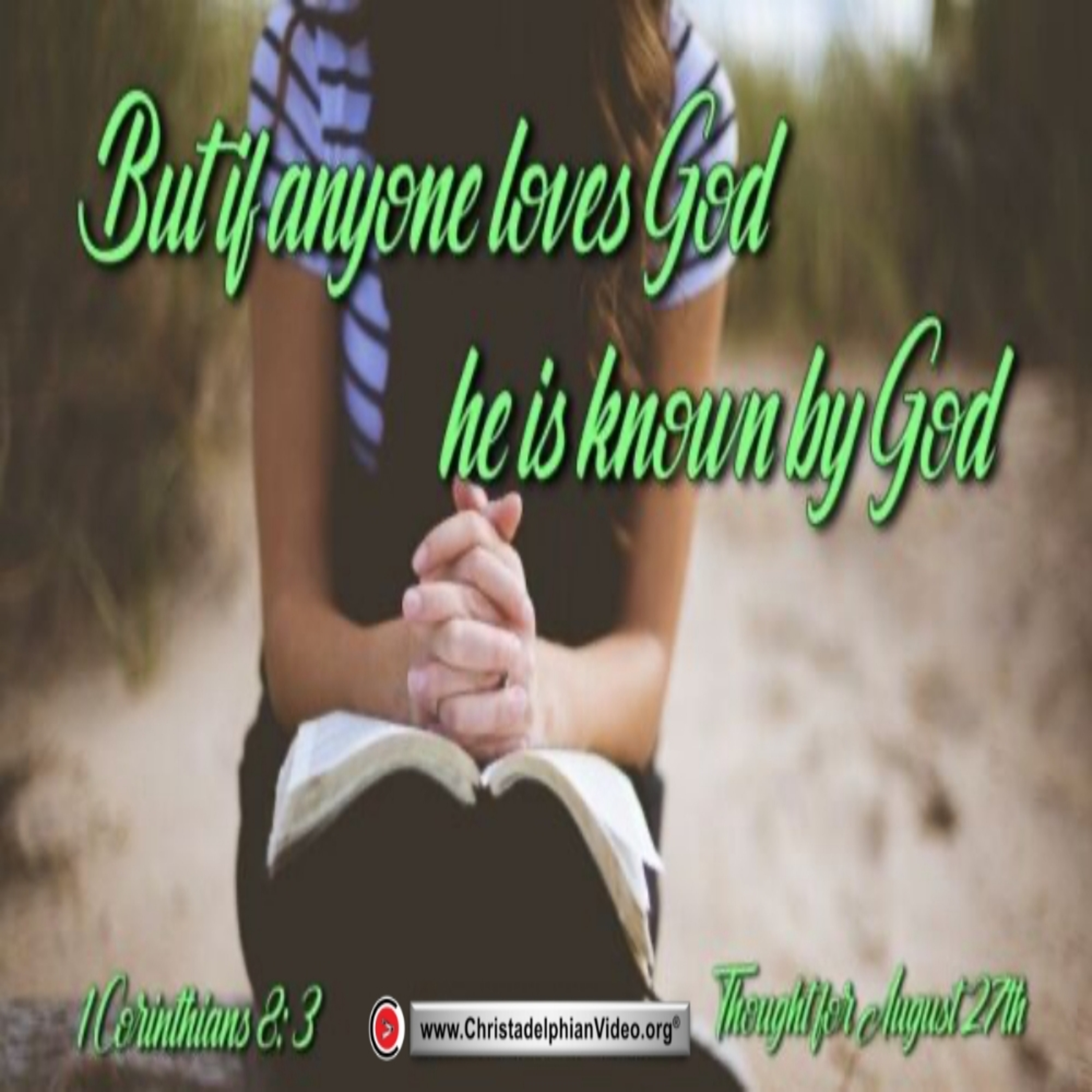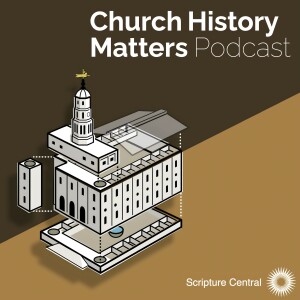

Thoughts on the Bible Readings (1 Kings 22, Jeremiah 49, 1 Corinthians 8, 9) for Aug 27th.
We reach the end of 1 Kings today with chapter 22. The record tells us of a respite from war for 3 years. At the end of this time, Jehoshaphat, Ahab's son in law went to see his relative. Jehoshaphat is invited to join Ahab in a campaign against Syria but shows reluctance without the endorsement for the war by a prophet of Yahweh. The false prophets of Ahab promise victory, but Jehoshaphat remains adamant that without God's endorsement he will not proceed. Eventually Micaiah is summoned and sarcastically tells Ahab to go and conquer. The prophet was abused before he outlines the Almighty's attempt to entice and destroy the wicked king. Micaiah is put in tough conditions - being fed on bread and water - until his monarch would return in peace. Micaiah says that this cannot happen as Yahweh's Word cannot be broken. The king of Israel entered the battle in disguise, but was slain by an arrow shot by chance. Ahab having died in battle was carried to Samaria for burial and the dogs licked the blood from the washed chariot, in the very place of Naboth's slaughter, as Elijah had prophesied. Jehoshaphat, whose mother was faithful, walked as Asa his father had. He was a king like David. The record tells of a further error of judgment by Jehoshaphat in the joint venture with Israel's Ahaziah in the constructing of a navy at Ezion-geber. Ahaziah the son of Ahab came to rule over Israel and continued the wicked legacy of his father Ahab. The idolatry and wickedness had begun with Jeroboam: "the man who caused Israel to sin". Jehoshaphat seems to be like those described in 1 Corinthians 3 verses 13-15 ie his works were at times dubious but he may very well be saved.
The 49th chapter of Jeremiah speaks of judgment poured out upon the nations surrounding Israel: Ammon (Moab's half brother); Edom, Syrian Damascus, Kedar and Hazor, and Elam. These nations and their principal cities were to experience the judgments from Yahweh delivered via the Babylonians. Verses 1-6 tell of the devastation of Ammon. Verses 7-22 speak of the total overthrow of Edom, ie Esau - Israel's brother. As we read these verses we should also consider the book of Obadiah and the words of Malachi 1 verses :2-5. Verses 23-27 outline the punishment of Damascus. Verses 28-33 predict the desolation of Hazor and Kedar in terms similar to the judgment of Babylon: compare Isaiah 14. Verses 34-39 speak of the punishment of Elam. Interestingly there are promises of latter day restoration for Ammon and Elam. The two kingdoms which bookend the prophecies of Jeremiah 49. As previously noted these pronouncements had applications for the prophet's time and, again, in the near future when the fortunes of Ammon and Elam will be reversed in the Kingdom of God.
In the first of Corinthians 8 Paul outlines the problem facing the believers was not knowledge, but rather the insistence of exercising supposed rights. Idols were nothing; and so the eating of meats that had been devoted to an idol was of no consequence. What was of importance was, that, the insistence of some believers that they could go to a venue that promoted immorality. Paul declares that this could be cause for the stumbling of another believer. So for the sake of food, the Apostle explaines: do not destroy the conscience of another - for whom Christ died. Chapter 9 continues the argument that the foregoing of rights was essential if saving others is our objective. Paul's own example illustrates this. He explained in verses 8-14 by using two examples from the Law. This is followed by the Apostle showing that his preaching was from an obligation and was not entirely voluntary. This Paul explains humbles him and eliminates boasting. This section of the book 1 Corinthians concludes with the need for perseverance and discipline to attain the prize of eternal life.
More Episodes
All Episodes>>You may also like
Create Your Podcast In Minutes
- Full-featured podcast site
- Unlimited storage and bandwidth
- Comprehensive podcast stats
- Distribute to Apple Podcasts, Spotify, and more
- Make money with your podcast












